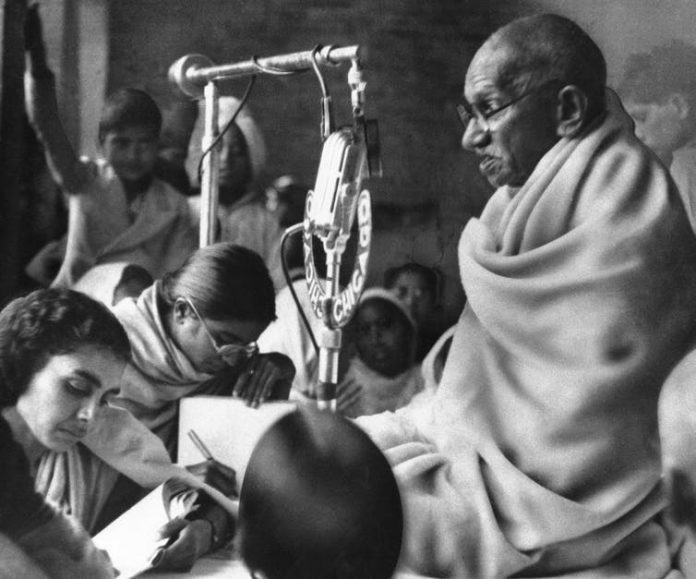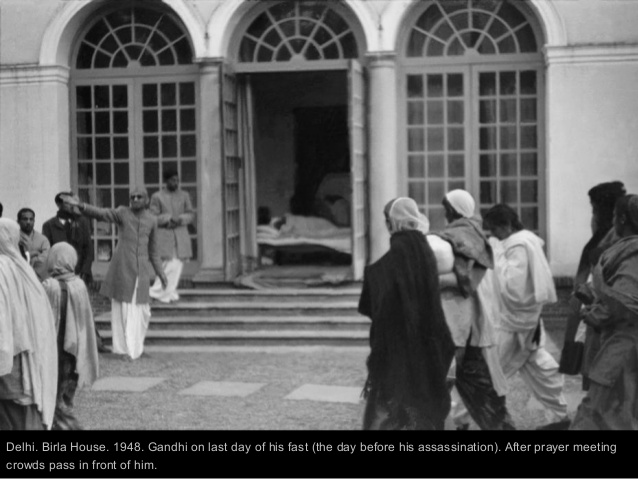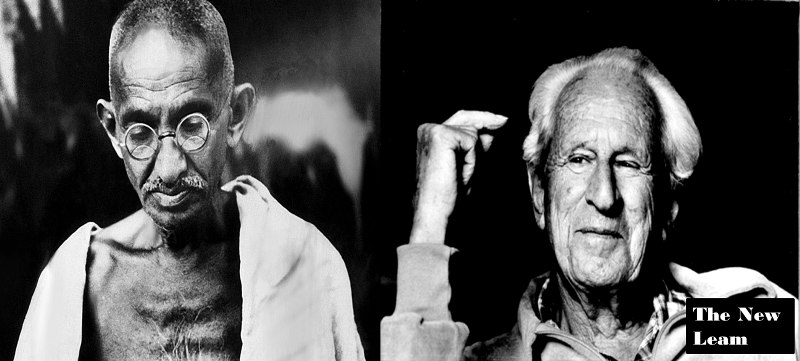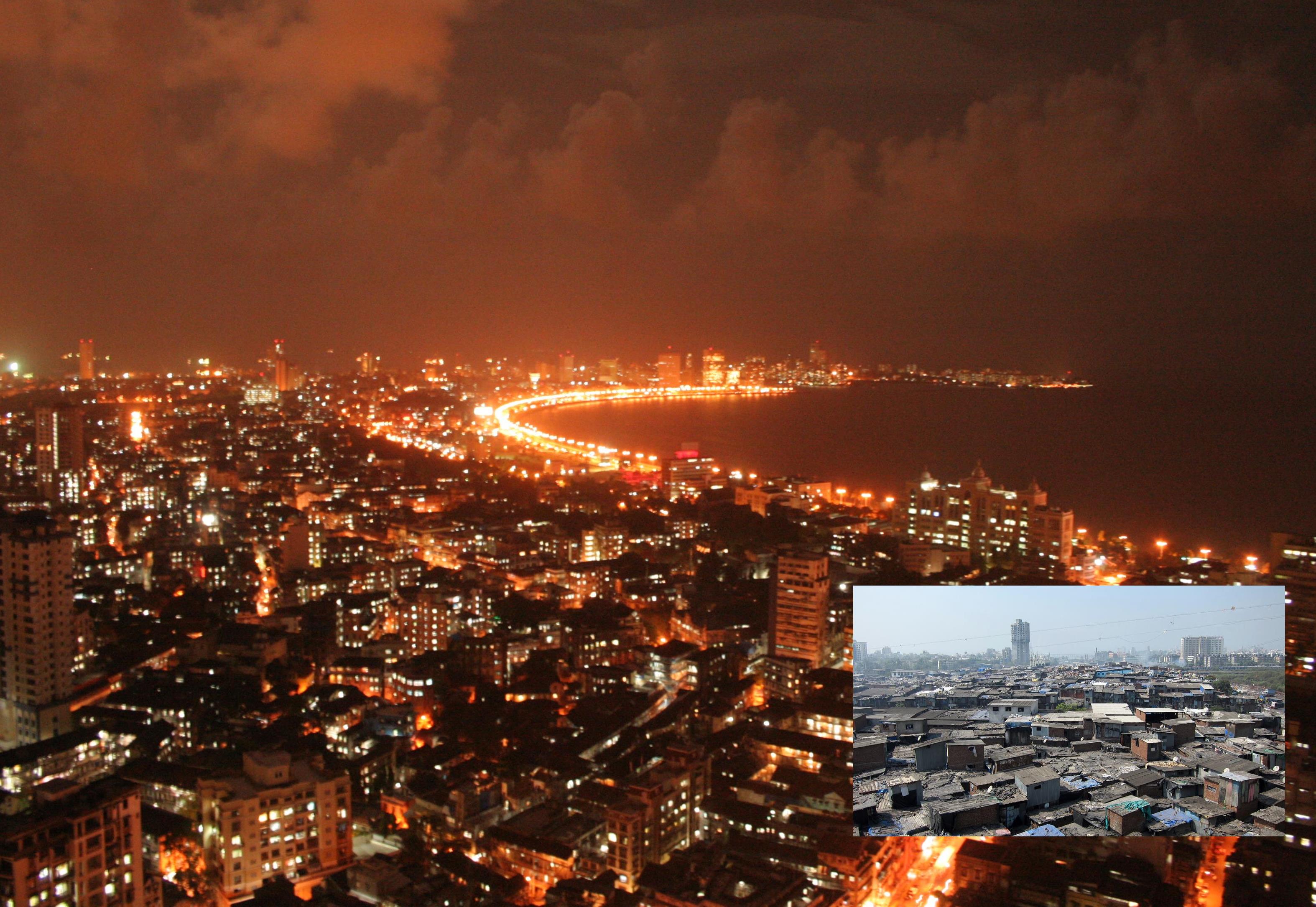To,
Mohandas Karamchand Gandhi
Wherever he is.
Dear Mr Gandhi,
Greetings from JNU.
I hope my addressing you as Mr Gandhi doesn’t come to you as a surprise, as you must be habituated to hearing yourself as Bapu. There are reasons for this address. I have a deep inclination for Marxism. My fellow Marxists always doubted you as an apologist for capital, and some of the Dalit comrades hated you for being the alter-ego of Ambedkar or an apologist for Brahmanical caste order. Though I disagree with them, my calling you Bapu may go against their sensibilities, and they would not take a minute throwing this letter into the dustbin. Nevertheless, your tolerance gives me the confidence to address you in this way. Also, recently, there has been too much noise about your historical oversights: Chauri-Chaura, Bhagat Singh’s capital punishment, experiments in celibacy, the partition of India, marginalising Subhas Babu despite commanding the majority or ensuring Mr Nehru’s election by almost compelling Mr Patel to propose Nehru’s name as the President of the party.
Many think that you were dishonest. I do not agree with them either. Anyone who understands the ethical realist dimension of philosophy would not agree with them. I am sure that people in India still trust you. We did experience it once when someone tried to replace you from the calendar of the Khadi Bhandar. So much is the faith for you that people will be ready to trust anyone who reminds them of you, even if it is just a fake caricature. Indeed, every Indian relates to you in the foreign land as you have almost emerged as a brand ambassador for everything Indian civilisation stands.
I am writing this letter not to drag you into the aforementioned debates. This is already being done by some of the writers who have made a career out of you. I was informed by one of the representatives of a prestigious publisher that you have acquired the status of a one-person industry. Writing a book on you ensures all the benefits–financial, visibility as a public intellectual and growth in professional trajectory. Writing against you has become even more beneficial as there is a ready market, all the more because the number of your critics is growing owing to some simple curiosity about your limitations.
I have a different complaint to make. Why did you not work enough to make your disciples understand your fundamental intellectual achievements? You successfully met the challenge of various dualities at work and always stressed thinking beyond binaries. Whereas your direct disciples and intellectuals influenced by you continued with the binaries. The best example is the binary of social versus political. You combined them so well that your politics was always social and your social work was always political. After you left us, Nehru took away your idea of ‘political’ and Vinoba continued with your concept of social. Since then, the politics in your name has no social dimension, and social movements have lost their politics. The binary has created many problems for us, and now we are in a trap of the political leaders who use your Khadi, your vocabulary and your other imageries but have hardly any social concern. Similarly, social movements have mobilised many people to keep working for them but become silent when politics starts working against the common people.
Your rejection of religion versus secularism gave hope to followers of all religions for a meaningful dialogue. People who are oppressed by the dominant forces with their religion were also hopeful that you would not allow such oppressive relations to survive. Your followers would keep working for transforming religions and reclaim their liberative potential. But we have now reached square one. The regressive elements within every religion are ruling rust, and communities have started treating themselves as enemies. People did talk about your idea of ‘Sarva Dharma Sadbhav’ but ignored the idea of reforming religion and making them compatible for a democratic society. All your efforts in this direction have gone in vain. The intellectuals paid by the state kept discussing your idea of secularism but did not step out to carry forward any of your projects. Most of them preferred analysing the reasons for communal riots and blaming the state for it. Some have considered your use of religious language responsible for this. Probably, they wanted you to borrow from Hegel and Marx to talk about these issues. One of the Marxist historians praises you for reaching people’s hearts but fails to appreciate the resources you drew from religions to achieve this.
I admire how you tear into pieces the idea of ‘possessive individualism’ that was attempting to dominate our way of life at that time. This ideology was based on the assumption that what is good for society is bad for individuals and vice versa. It assumed that aggregation of individual interest would finally result in social welfare. The possessive individual culminated into an obsessive self. You suggested that we are not atomised individuals but relational beings as we always exist concerning other humans. You went to the extent of advocating that we live in relation to other living and non-living beings. You resolved the duality between individual and society, which allowed you to call for ‘do or die’ for collective freedom. Once again, we are back to the world of obsessive individualism and its corollary, hyper-consumerism. No one can help us fight against this enemy that resides within us now, destroying us as human species.
I find your admirers are also quite confused. They are unsure whether you were a ‘Sansari’ or a ‘Sanyasi’. This is a typical case of misunderstanding your philosophy. Anyone who knows you closely would immediately recognise the problem with the question. They fail to understand your idea of resolving this duality. You should have told them clearly that you were ‘Sansaysi’ who was also a ‘Sansari’ and vice-versa. This is a new model of being today, and probably the only model of being that could save humanity. Unless you become Sansari and Sanyasi simultaneously, you will not be able to do justice with your existence in this challenging world. I am surprised why they did not read your emphasis on the idea of ‘Nishkam Karmayog’.
I am still not sure who killed you. Yes, there was a bullet that took the life of your body. But, I have a feeling that your ‘mind’ was also slowly poisoned to get rid of dangerous ideas you had. Your ideas were dangerous as you were talking of the non-dual world. Remember the good old statement by Thomas Hobbes that if the ruling class finds the axiom that three angles of a triangle sum up to a hundred and eighty degrees working against their interest, they will burn all the geometry books. This was a philosophical challenge to the ruling class.
Why did you not train your followers to think in the way you were thinking? I can predict your answer. You would immediately respond by saying that you did not have time to do so. Then, my second question would be, why didn’t they try to learn it? I know you have no answer. However, I have got a clue. Let me share that with you. In Fanishwarnath Renu’s novel Maila Anchal, there is a tragic character Vaman Das, who was a committed follower of you. He was almost like a clone of yours. What surprises me the most is how you could influence such people to that extent without being in direct touch. Finally, he was killed as he refused to compromise. Many of your ardent followers were probably killed not always by your ideological opponents but many a time by your followers. This was a symbolic killing of your mindset or Gandhian mentality.
I and my friends find your ideas fascinating but somewhat utopian. We disagree with your enemies, but at the same time, we are disillusioned by your followers too. Your ‘Hind Swaraj’ catches their imagination and provokes them to think of a new Utopia for a better world. I request that you make yourself a little more understandable and speak to these young followers. Train us to think as you thought and help us see things beyond dualities. I have a suggestion to make. I know you may not be aware of the new developments in technology as you have reservations about them. But you will be glad to know the possibility of taking a new Avatar through Artificial Intelligence, computer simulation of brain functioning, Metaverse and so forth. Of course, it would be only technological rebirth, which you may not like, but people would certainly want you to consider this option.
Forgive me for the way I have written your address. I saw a postcard at your place with this address from a poor Indian, and I am convinced that this is the correct address.
With warm Regards
A Student
JNU
(This is a letter I found in my room, probably, dropped by one of the students after classes on Hind Swaraj. Manindra Nath Thakur)












